FCC, DOJ criticize states for trying to block T-Mobile-Sprint merger
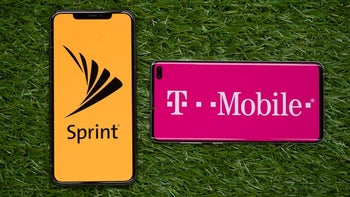
It all comes down to this. The $26.5 billion merger between T-Mobile and Sprint has one last hurdle it needs to clear in the form of a lawsuit filed by 14 attorneys general. The latter seek to block the deal because they fear that reducing the number of major carriers by 25% will lead to higher prices. Some of the arguments put forth by the plaintiffs seem to be a stretch. Dish Network is supposed to replace Sprint as the fourth major wireless provider as after the merger closes, it will buy Sprint's prepaid operations (including Boost and Virgin Mobile), take control of some spectrum, retail stores, and more than 9 million subscribers. It also will sign an MVNO pact with T-Mobile allowing it to start offering wireless service 30 days after its deal with Sprint closes.
In addition, the worry over higher prices doesn't seem to make sense in light of testimony from former Sprint CEO Marcelo Claure who said that if the merger is not completed, Sprint will have to raise prices and borrow more money. Already weighed down by a ton of debt, adding to that pile would increase the risk of Sprint going under which would bring us back to three major carriers.
Ironically, the arguments made by the states are the same ones that the FCC and DOJ originally had
As the non-jury trial ends its second week, the Wall Street Journal reports that today that the Department of Justice and the FCC have filed papers with the court criticizing the lawsuit. That is ironic because originally both agencies concluded that the merger would reduce competition in the industry until T-Mobile and Sprint agreed to certain concessions including the deal with Dish Network. U.S. District Judge Victor Marrero, who is presiding over this bench trial, calls the DOJ "the elephant not in the room." The letter sent by the FCC and DOJ says that the states' challenge to the merger could end up blocking important benefits to consumers that both agencies negotiated into their respective settlements with the two carriers. The letter notes that "Both agencies bring a nationwide perspective to their analysis of the transaction that the litigating states lack."

T-Mobile has launched the first nationwide 5G network in the U.S.
Today's court action could be the last to include witness testimony. Closing arguments are expected to begin next month. T-Mobile seeks to merge with Sprint so that it can take control of the latter's 2.5GHz mid-band spectrum that is important to T-Mobile's nationwide 5G network. The wireless provider was the first to launch a coast to coast 5G network earlier this month using its low-band 600MHz spectrum. While the characteristics of this band include signals that travel farther and better penetrate structures, it is limited in terms of capacity and dataspeed. So T-Mobile will also use some ultra-high mmWave spectrum and hopes to add Sprint's mid-band signal. With that 2.5GHz spectrum, T-Mobile will be able to better serve Americans living in rural areas. T-Mobile CEO John Legere testified during the trial that Sprint's spectrum will allow T-Mobile to "triple the total 5G capacity of standalone T-Mobile and Sprint combined." The executive stated that if the deal doesn't get done, in some markets T-Mobile will "exhaust capacity in the next two to four years." While mid-band spectrum is hard to come by in the states, the FCC is considering the auction of as much as 280MHz of airwaves in the 3.7GHz-4.2-GHz range.
This is all very important to the U.S. because 5G is the next generation of wireless connectivity and will lead to the creation of new technologies and industries. The countries that are first to harness the faster dataspeeds could be rewarded with an economic boom.
Even if the judge rules against the plaintiffs, there is still a question of whether T-Mobile will seek to reduce the price it will pay for Sprint. The merger agreement has expired and during the last quarter T-Mobile added 754,000 new postpaid phone additions while Sprint lost 91,000 such customers during the same time period.

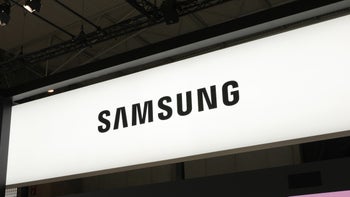
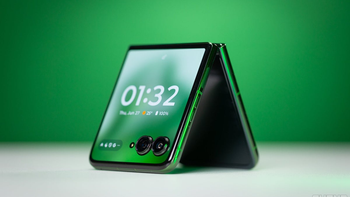
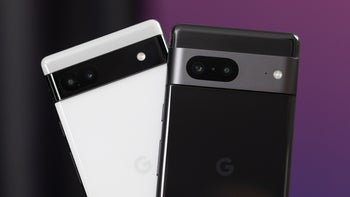
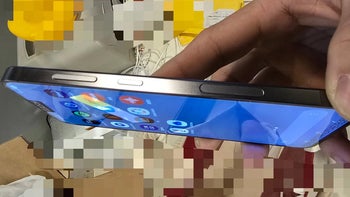
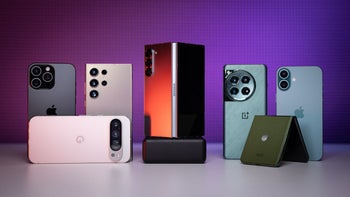


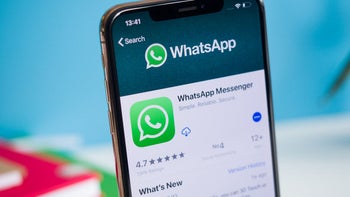
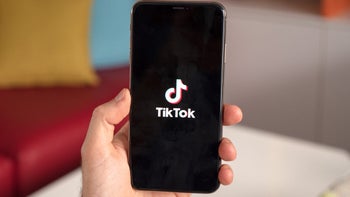


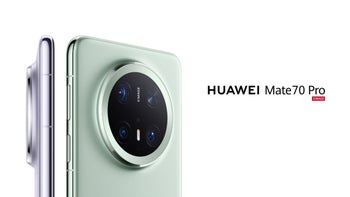
Things that are NOT allowed: